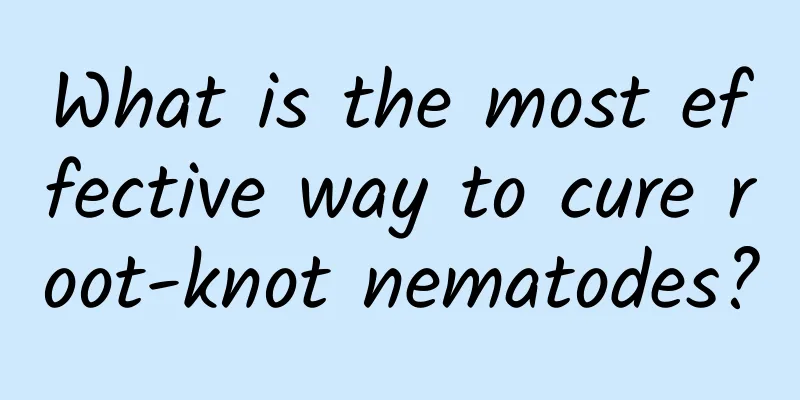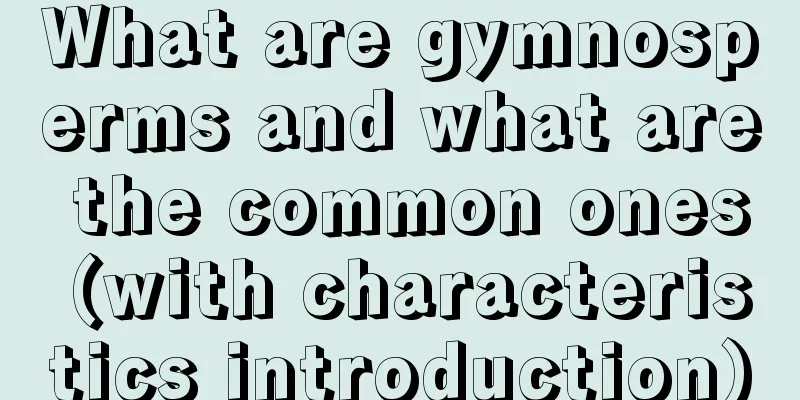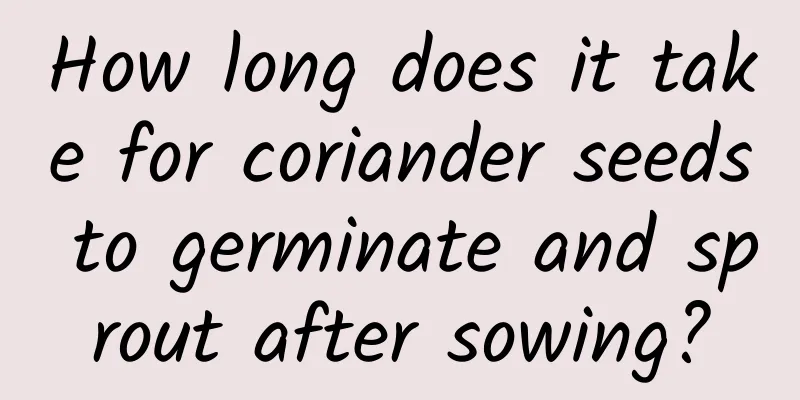What is the most effective way to cure root-knot nematodes?

|
Root-knot nematodes are the most serious pests that harm many vegetable crops, including cucumbers, watermelons, melons, tomatoes, peppers, and eggplants. They are considered the most difficult underground pests to control. Since this nematode parasitizes inside the root system, ordinary pesticides have no effect on it. Organophosphorus and carbamate nematicides are effective against root nematodes, but due to the high toxicity and long residual time of these pesticides, they often cause excessive pesticide residues in agricultural products, so flufenamide can be used for treatment . What medicine is used to treat root-knot nematodes?The agent contains fluoroolefins, sulfones, and thiazole groups, and has a preventive effect on a variety of plant parasitic nematodes. It also has low toxicity to non-target organisms and is a "green" alternative to many carbamate and organophosphorus nematicides. It can free growers from their reliance on fumigation-type nematicides over the years, and avoid the contamination of soil, groundwater, etc. and other adverse consequences caused by the use of fumigants. Fluorene sulfone has low toxicity , low environmental risk , is easy to use , and has good development prospects in the prevention and control of nematodes. Flufensulfone is a new type of heterocyclic fluorinated sulfone low-toxic nematicide. It is a metabolic inhibitor of the process of plant parasitic nematodes obtaining energy reserves. It blocks the nematodes' energy acquisition channels by contacting them, thus killing them . Characteristics of fluenesulfone in killing root nematodes1. Wide range of insecticides Fluensulfone can effectively kill many root-knot nematodes, including the Java root-knot nematode, the southern root-knot nematode, the peanut root-knot nematode, and the cyst root-knot nematode. 2. Long lasting effect Fluorenesulfone is a fluoroolefin sulfide compound that can directly kill nematodes, which is fundamentally different from traditional nematicides. It has good stability in the soil and can last for more than 90 days. 3. High efficiency and low toxicity Tests have shown that flufenamide is highly active against underground root-knot nematodes and has low toxicity to birds, fish, earthworms and other environmental organisms. 4. Good safety Fluorenesulfone is safe for crops. When used at the recommended dosage, crops will not be harmed by the pesticide, so it is safer to use. The residual amount in the soil is low, and it will not pollute the soil, groundwater, and agricultural products. Which crops are best controlled by fluenesulfone for root nematodes?Fluorene sulfone is suitable for fruit and vegetable crops such as tomatoes, peppers, okra, eggplant, cucumbers, watermelons, cantaloupes and pumpkins . It has low toxicity and long lasting effect on plant root infection and penetration, and has good development prospects in the control of nematodes. |
Recommend
The breeding methods and precautions of Hongyun Dangtou
1. Flower soil The lucky charm plant is suitable ...
How to save taro seeds and how to preserve seeds
How do taro seeds come from? Taro is a plant of t...
Do chives need to be watered every day?
Do you water chives every day? Chives need to be ...
Longan tree cultivation methods and precautions
1. Soil The longan tree has a strong ability to a...
When is the best time to prune Desert Rose?
Desert Rose Overview Desert rose prefers high tem...
Will plants die if too much wood ash is used? The effect of wood ash on plants
Wood ash is common in the countryside and easy to...
Snake fruit sowing and propagation method
Snake fruit seed propagation Seedling cultivation...
How to grow azalea
1. Environment In order to maintain azalea well, ...
Chocolate flower cultivation methods and precautions
Chocolate flower usually refers to the Verbenacea...
How to sow leek
Sowing time Allium orchid seedlings are more afra...
Can lemons be grown in the north? How to grow potted lemons in the north
Growing lemons in the north Lemons cannot be plan...
When is the best month to plant white peony root
When to plant white peony root It is generally mo...
Corn plant spacing calculation formula (how many corn plants should be planted per acre for high yield)
What is corn plant spacing? Most crops are plante...
Does Schefflera like sunlight? Does it prefer sunny or shady places?
Does Schefflera like sunlight? Schefflera likes s...
When is the best time to transplant raspberries?
Raspberry, scientifically known as Rubus rubus, i...









